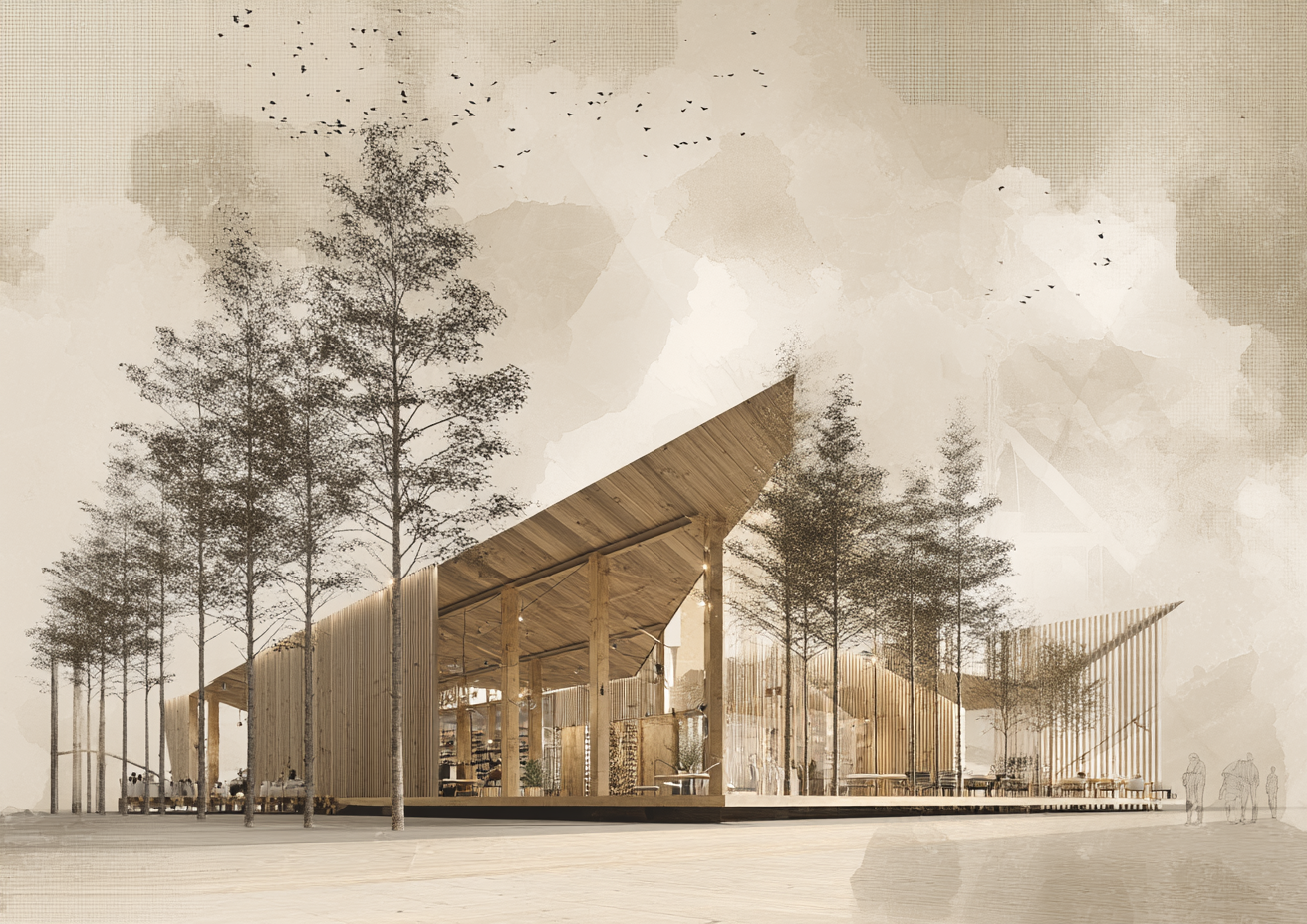The senior living industry is at a pivotal moment, driven by new ownership models that cater not only to investors but also to the residents who call these communities home. Retirement Living Associates (RLA) is pioneering an innovative equity model that enables residents to purchase equity in their living units. This model not only enhances the financial stability of the communities but also fosters a deeper sense of belonging among residents. As the demand for senior living expands, particularly in states like North Carolina and Florida, it becomes essential for community investors to understand the benefits and challenges associated with such transformations.
The Senior Living Equity Model: A Game-Changer
RLA’s ownership model represents a significant shift in senior living. Instead of merely renting their accommodation, residents can now invest in their futures by owning a part of their living spaces. This change not only increases the overall value of the community but also ensures that residents have a vested interest in the upkeep and enhancement of their living conditions. Consequently, this model promotes an environment where residents feel empowered and engaged.
Key Benefits of the Equity Model
- Financial Stability: Residents’ investments lead to improved financial resources for the community, allowing for better services and facilities.
- Enhanced Community Engagement: When residents have equity, they are more likely to participate in community decisions, fostering a sense of ownership.
- Attractive to Investors: The equity model can significantly boost investment opportunities, as communities become more appealing to potential stakeholders.
Addressing Workforce Challenges in Rural Markets
While the equity model offers numerous advantages, the challenge of hiring and retaining quality staff remains prevalent, especially in rural markets. These regions often struggle to attract talent due to limited resources and opportunities. For example, facilities in the Southeast USA frequently report significant staffing shortages that impact their operational efficiency.
To counter this issue, RLA is focusing on strategic staffing solutions that align with Pulivarthi Group’s expertise. By enhancing operational efficiency through tailored staffing strategies, communities can ensure that they maintain high service standards, ultimately benefiting residents and their families.
Investing in Management and Operational Efficiency
One of the most effective strategies for overcoming staffing challenges is investing in management training programs. By equipping managers with the skills to effectively lead and motivate their teams, communities can improve staff retention rates. Furthermore, implementing technology-driven solutions can streamline operations, allowing existing staff to focus on delivering high-quality care. This dual approach not only addresses immediate staffing needs but also lays a foundation for sustainable growth.
Market Insights: Senior Living Growth in the Southeast USA
The demand for senior living options in the Southeast USA, particularly in Florida and North Carolina, continues to rise. According to recent data, the senior population in these states is expected to grow significantly in the next decade. This increasing demographic trend presents an array of investment opportunities in senior living. Communities that embrace innovative ownership models, like RLA’s equity model, are positioned to attract both residents and investors looking for long-term growth potential. For instance, a recent study highlighted that communities adopting an equity model reported 20% higher occupancy rates compared to traditional rental models.
Future Expansion Plans in 2025
As RLA plans for future expansion in 2025, it aims to leverage its unique equity model to establish new communities across North Carolina and Florida. This initiative will focus on integrating technology, sustainable practices, and community-centric amenities that cater to the evolving needs of senior residents. Each new development will be strategically situated to tap into growing urban areas, ensuring accessibility to healthcare and recreational facilities.
Exploring New Ownership Options
Investors looking for opportunities in the burgeoning senior living market should consider the implications of the equity ownership model in their decision-making processes. Not only does this model provide a solid financial foundation, but it also enhances community engagement and resident satisfaction. Therefore, by exploring new ownership opportunities, investors can contribute to the evolution of the senior living landscape, ensuring a win-win scenario for all stakeholders involved.
Conclusion
Retirement Living Associates’ innovative equity model is reshaping the senior living industry, presenting new avenues for investment and community engagement. However, as the sector grows, addressing staffing challenges in rural areas remains critical for long-term success. As we look towards future expansion, it is clear that this equity model will not only provide financial stability to communities but also promote a thriving environment for residents and staff alike. Community investors should actively explore these new ownership options as they emerge, paving the way for sustainable development and enhanced resident experiences. Together, we can transform the future of senior living.






